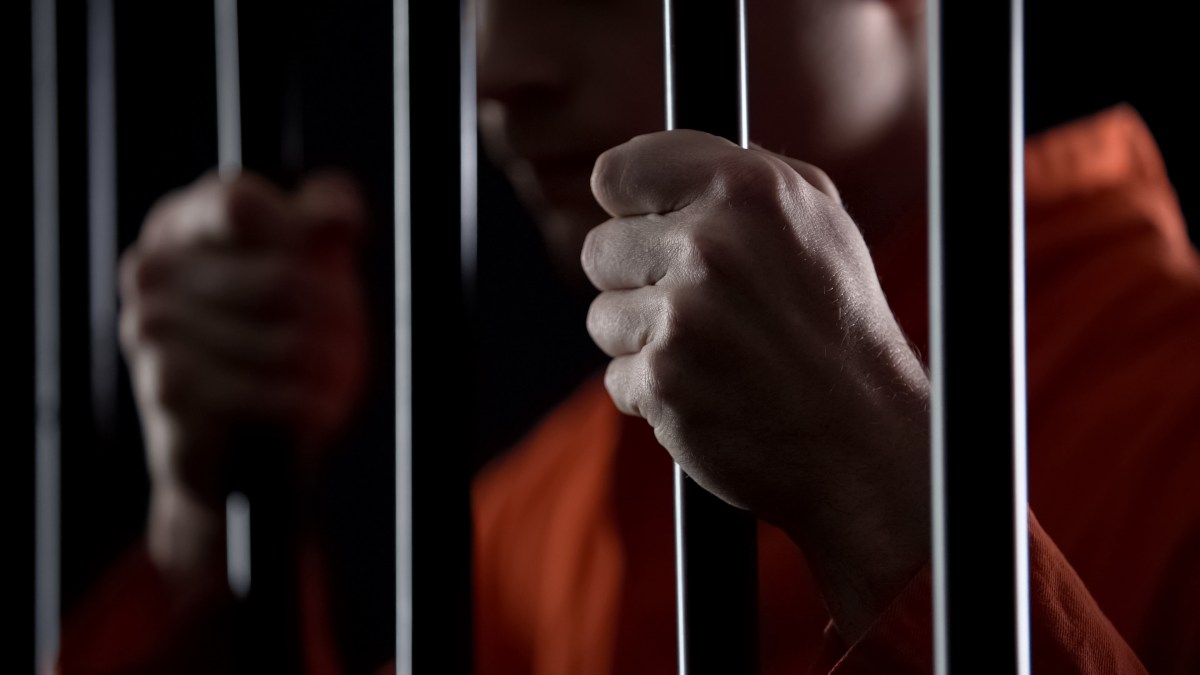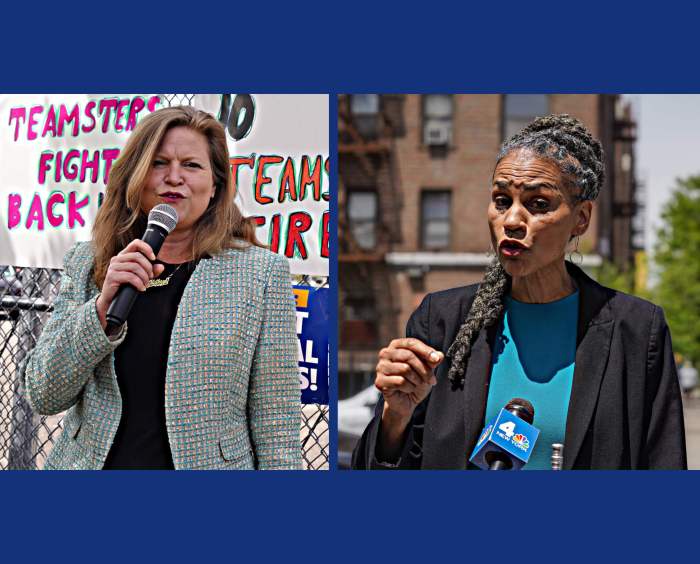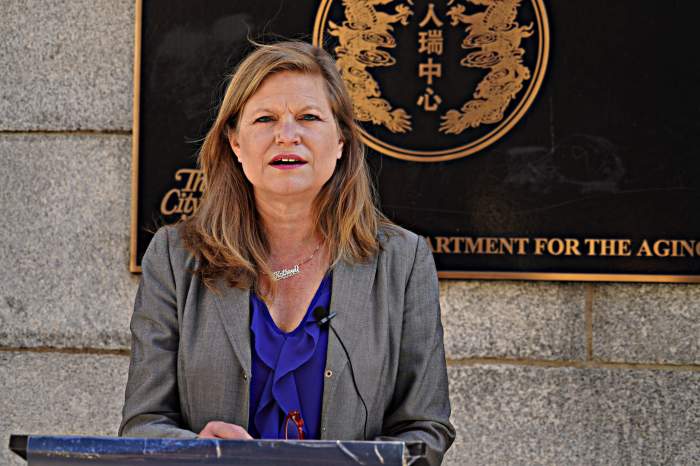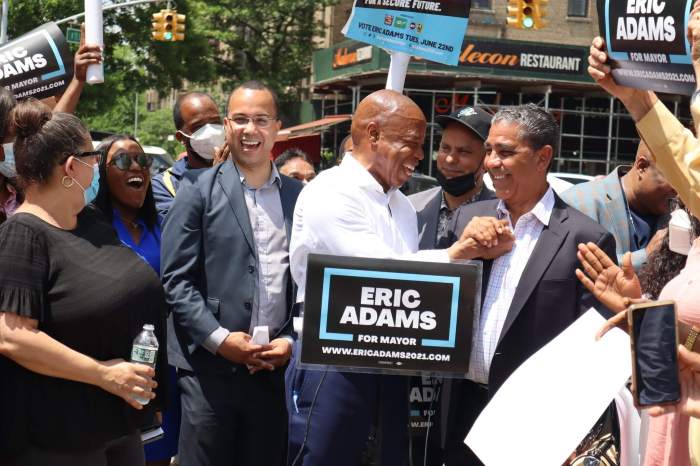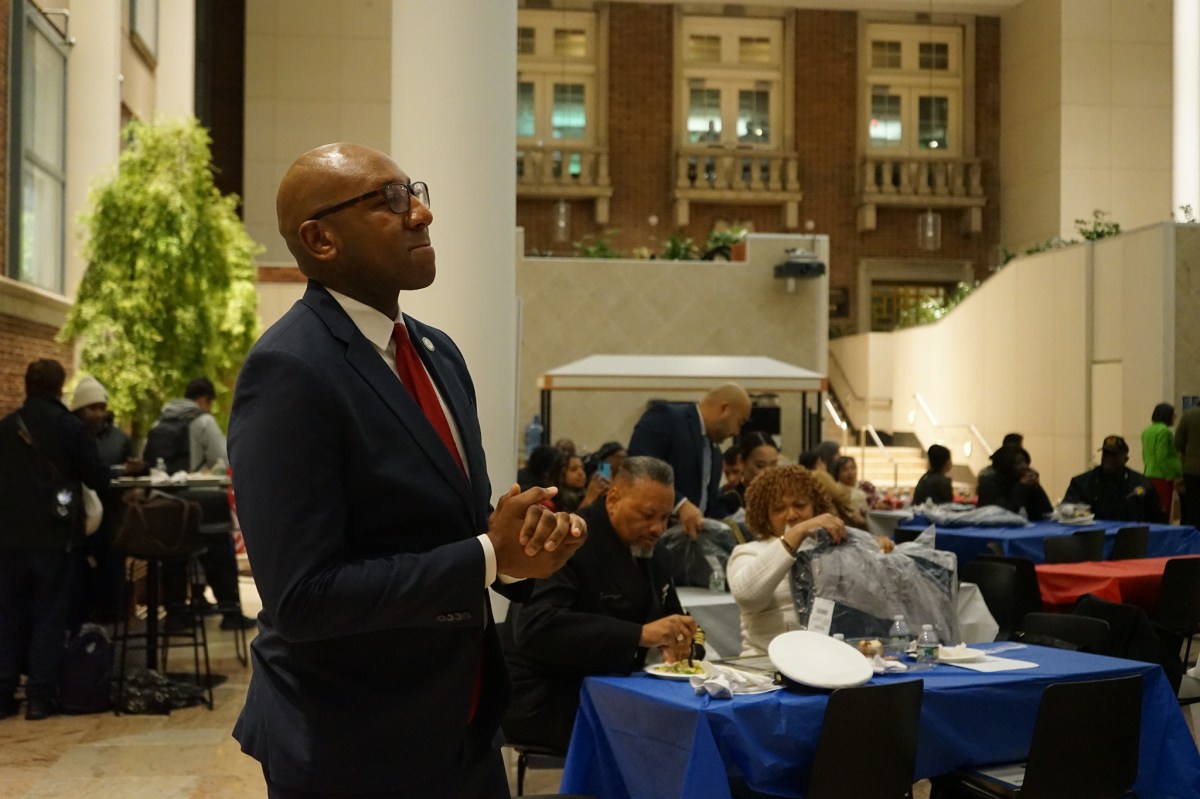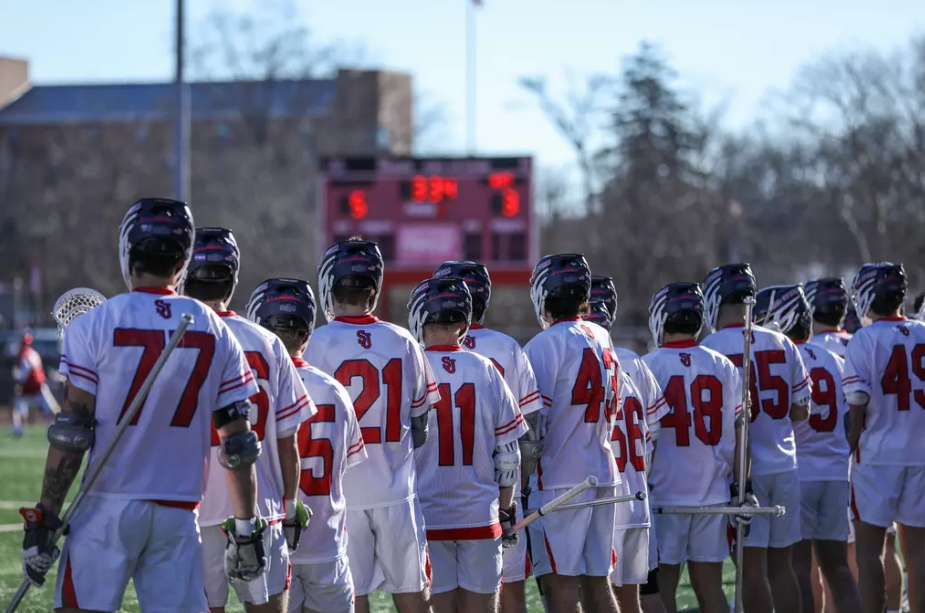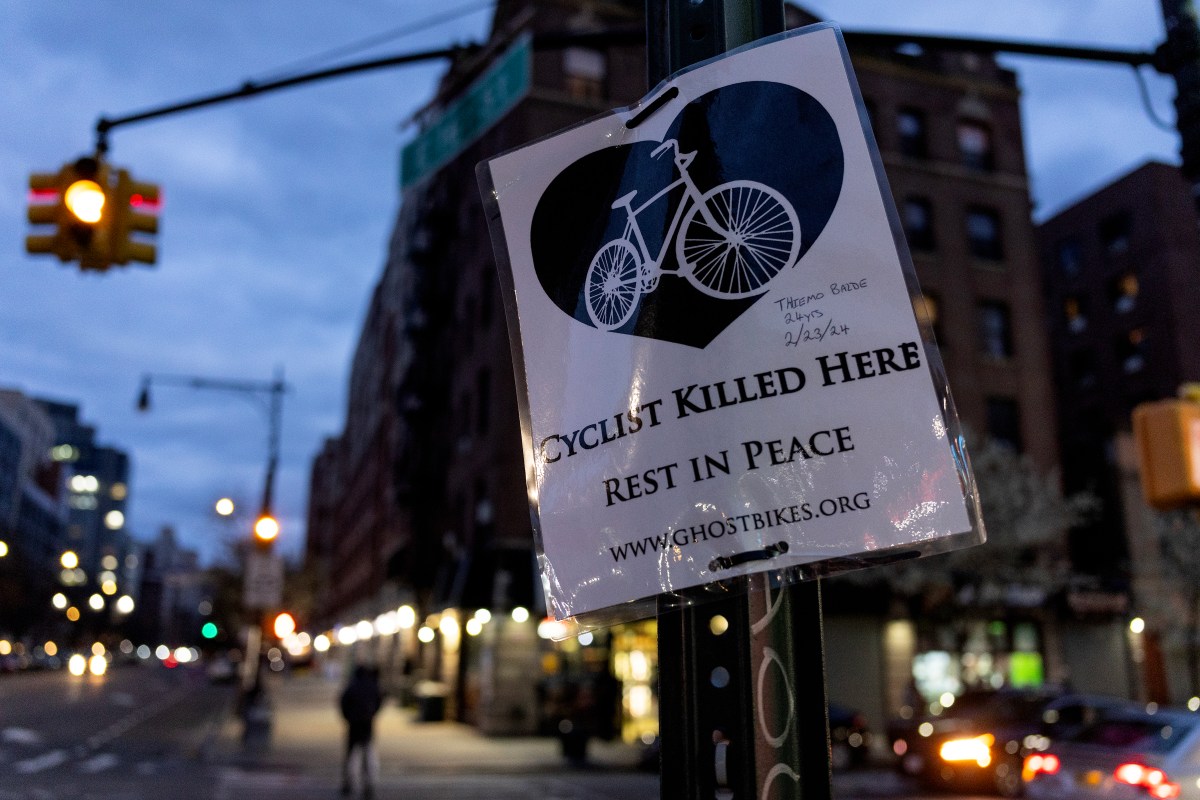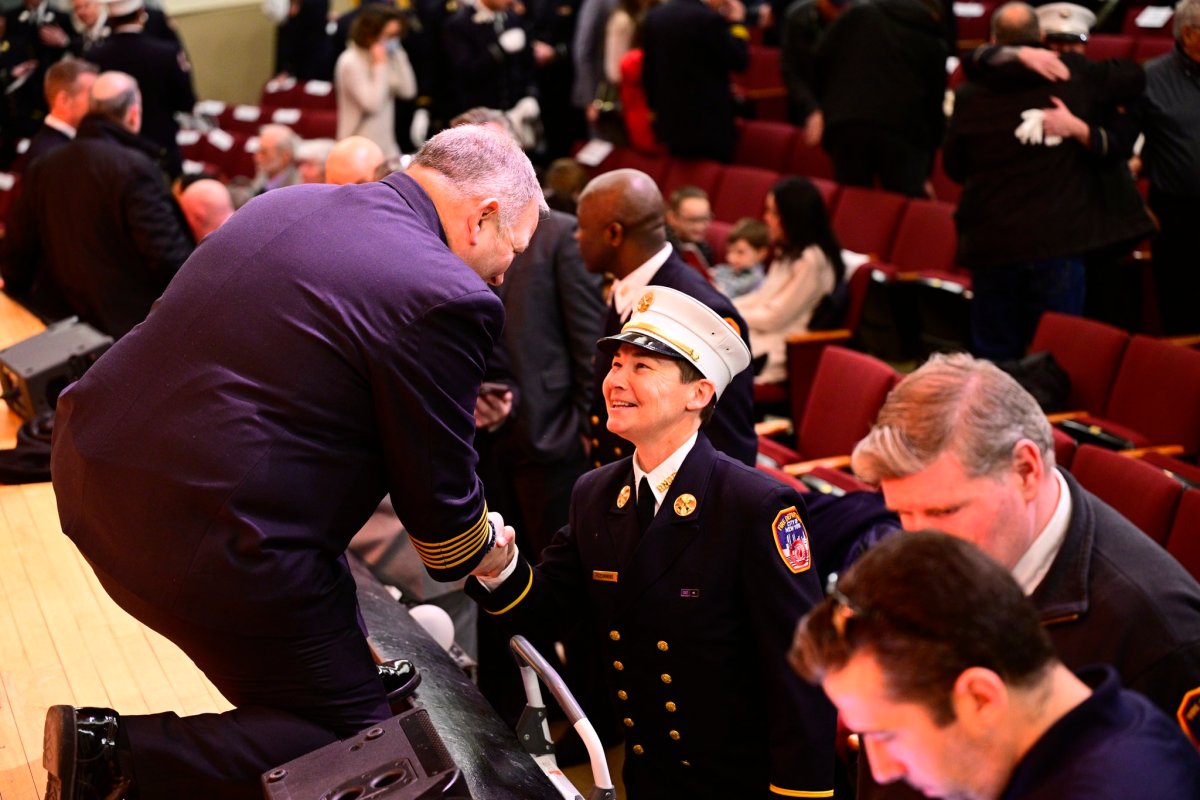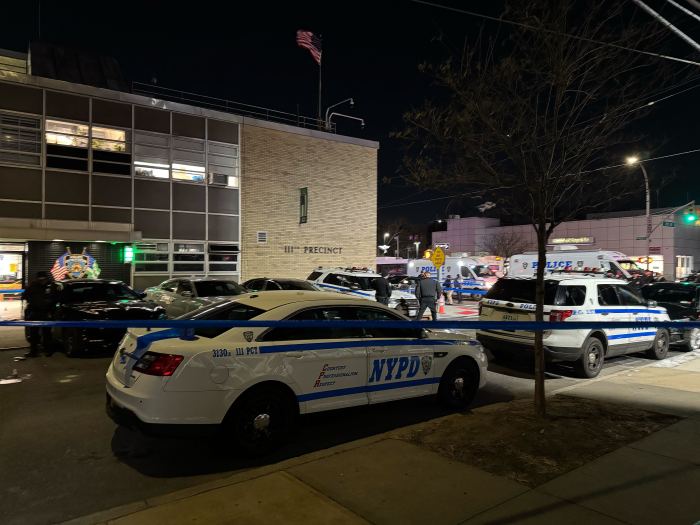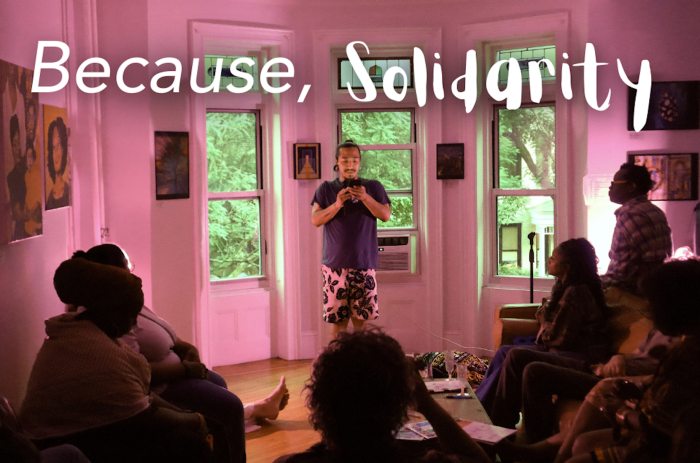The “Less is More” Parole Act, signed into law on Friday, is the latest installment in a series of progressive legislation meant to prematurely empty our prisons of dangerous offenders and descend us further into lawlessness.
With the Governor’s signature came the immediate release of an additional 191 inmates from Rikers Island, whose inmate population had already been hovering near historic lows. More inmates from throughout the state are expected to be released in the coming days.
Less is More was sponsored by recently commissioned Lieutenant Governor Brian Benjamin. As state senator, Benjamin also sponsored the disastrous bail reform, along with the separate “Fair and Timely Parole” bill, which, if enacted, will drastically limit the state parole board’s discretion to deny parole, even to inmates with troubled disciplinary histories.
My opponent in the Manhattan District Attorney’s race routinely champions such reforms. He recently co-authored an op-ed in favor of Less is More with outgoing District Attorney Cyrus Vance who, during his tenure as Manhattan’s chief prosecutor, has practiced very little of the progressivism he now preaches.
Less is More aims to shorten the length of parole supervision, “raise the standard” (read, make it more difficult) for parole officers to violate parolees, and “limit the circumstances” under which parolees can be reincarcerated. Plainly speaking, it will reduce both the length of parole and the consequences associated with violating it.
Like most progressive legislation, the law is wrapped in dubious statistical assertions and claims of racial disparities. For instance, it states that 65% of parole re-incarcerations are the result of “technical violations,” as opposed to subsequent criminal convictions. This appears on its surface to be a compelling statistic.
What is omitted, however, is that technical parole violations are routinely packaged alongside non-technical violations (i.e. new arrests). In fact, it is often the new arrest that provides the impetus for the inclusion of the technical violation.
What follows are negotiations between the parolee’s attorney and the parole officer that result in the parolee admitting to the technical violation in order to forgo the risk of additional jail time if adjudicated on the more serious re-arrest violation.
The act further asserts that only 14% of parolees return to prison because they commit new crimes. Again, when a parolee admits to only a technical violation brought subsequent to a new arrest, they are technically not being returned to prison based on a new conviction, but this does not mean that they have not reoffended. New criminal cases take months, often years, to resolve.
Meanwhile, parolees have incentive to resolve their parole cases first in order to maximize good time credit and avoid making admissions regarding the circumstances of a new arrest.
Moreover, although stand-alone technical violations are rare, it would be wrong to suggest they are never serious. Take, for instance, someone convicted of burglary, who also has a violent sexual history and a risk assessment suggesting they are most likely to reoffend when using alcohol or narcotics. A parole violation charging them with breaking curfew, while under the influence, would be “technical” in nature, but hardly one most commonsense people would deem unserious.
Racial disparities certainly exist, in the parole system as well as the criminal justice system overall. The remedy, however, must be to eliminate these disparities, and their underlying causes, not the systems themselves.
Depopulating prisons is a noble objective, but one that must come as a result of pragmatic policies that reduce crime, as opposed to reckless legislation that encourages it.
Thomas Kenniff is the Republican nominee for Manhattan District Attorney. He is a former prosecutor, criminal defense attorney, Judge Advocate General and Iraq veteran.



